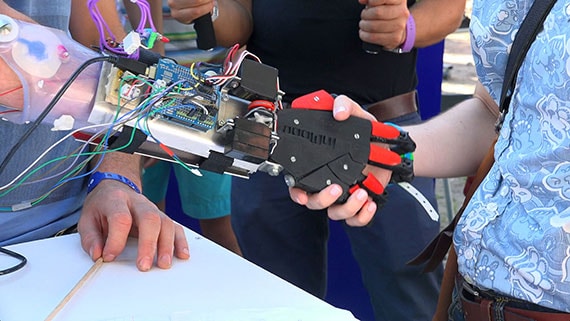What issues are you facing today?
Businesses are adapting to volatility and uncertainty as a way of life. With the economic outlook and ever-widening range of threats continuing to test even the strongest organisations, companies are facing a variety of challenges as they strive to find growth and stay competitive.
From improving operational effectiveness, to expanding into new markets, we're here to help.
Explore the links below to find insights and experts that can help you find growth and value in this new and challenging business landscape.
PwC Insights
PwC Insights is our monthly newsletter featuring highlights on business issues and industry developments. Packaged in convenient bite-size chunks, it's a collection of:
- PwC Malaysia thought leadership/alerts
- selected global publications
- the latest podcasts/videos/upcoming events
Future in sight
Today's world is being disrupted on all fronts and economic, societal and business challenges can no longer be seen in isolation. Explore our perspectives and insights as we look into what the future holds.
















